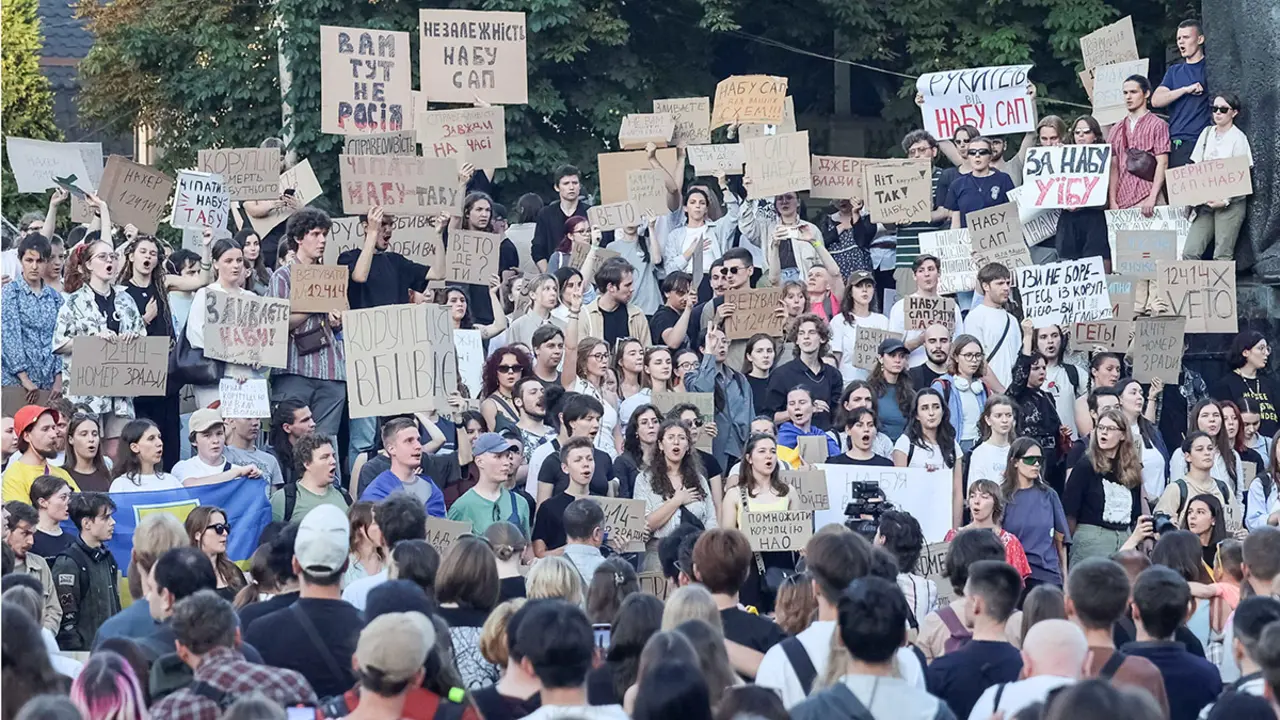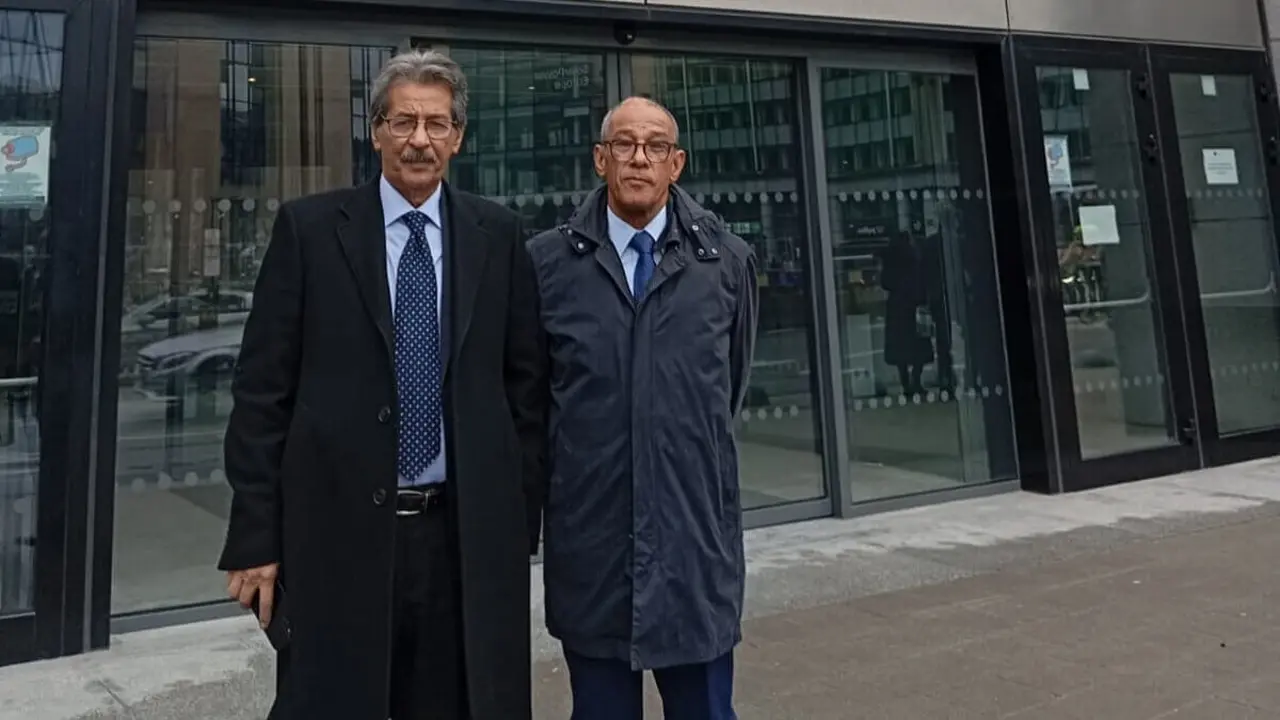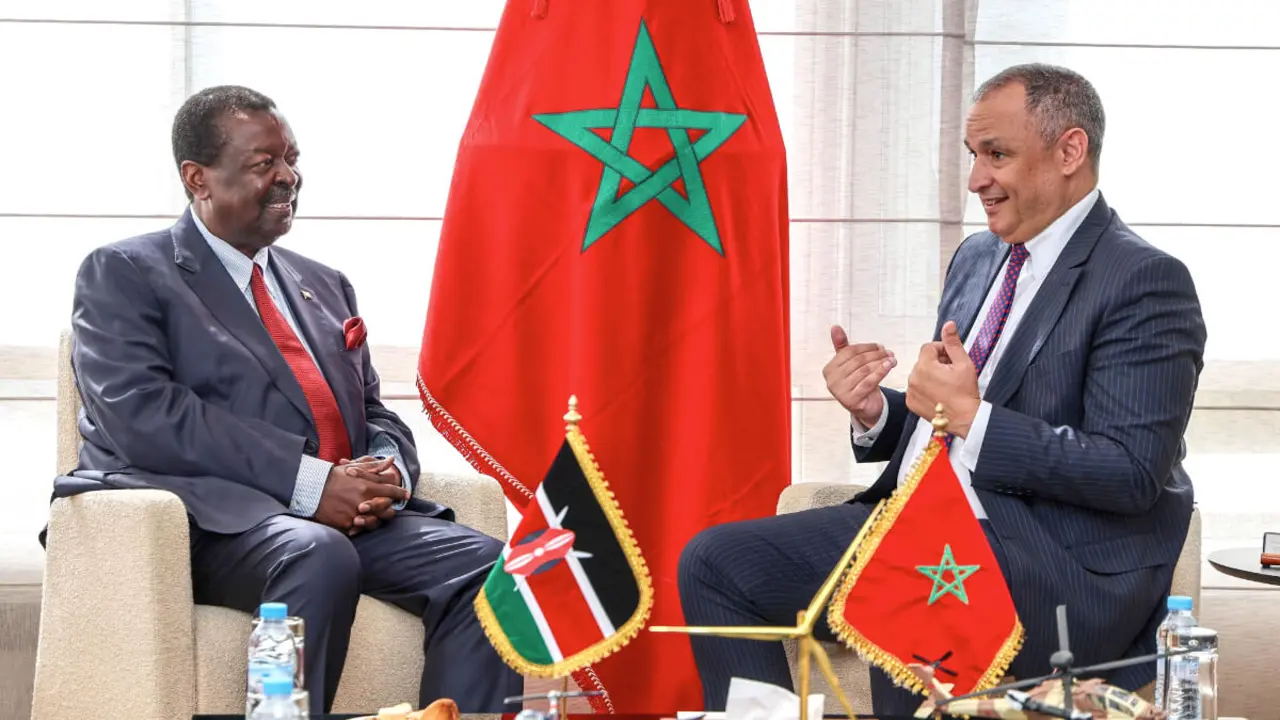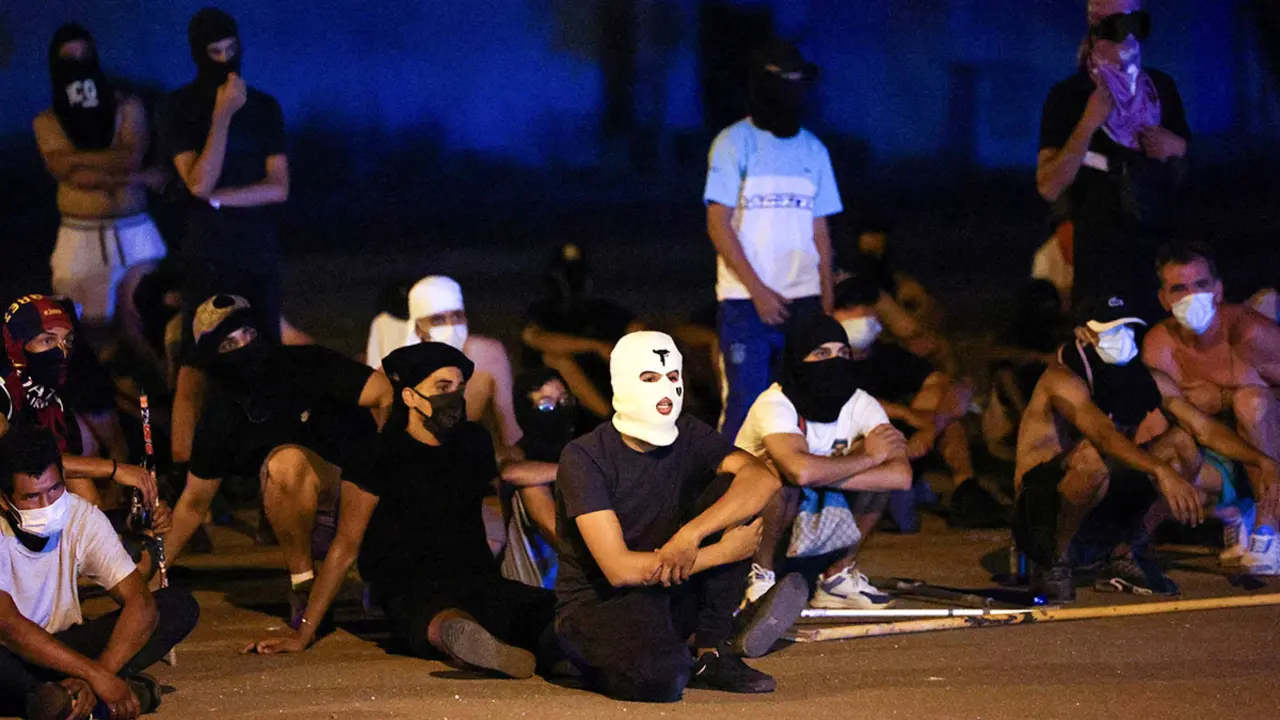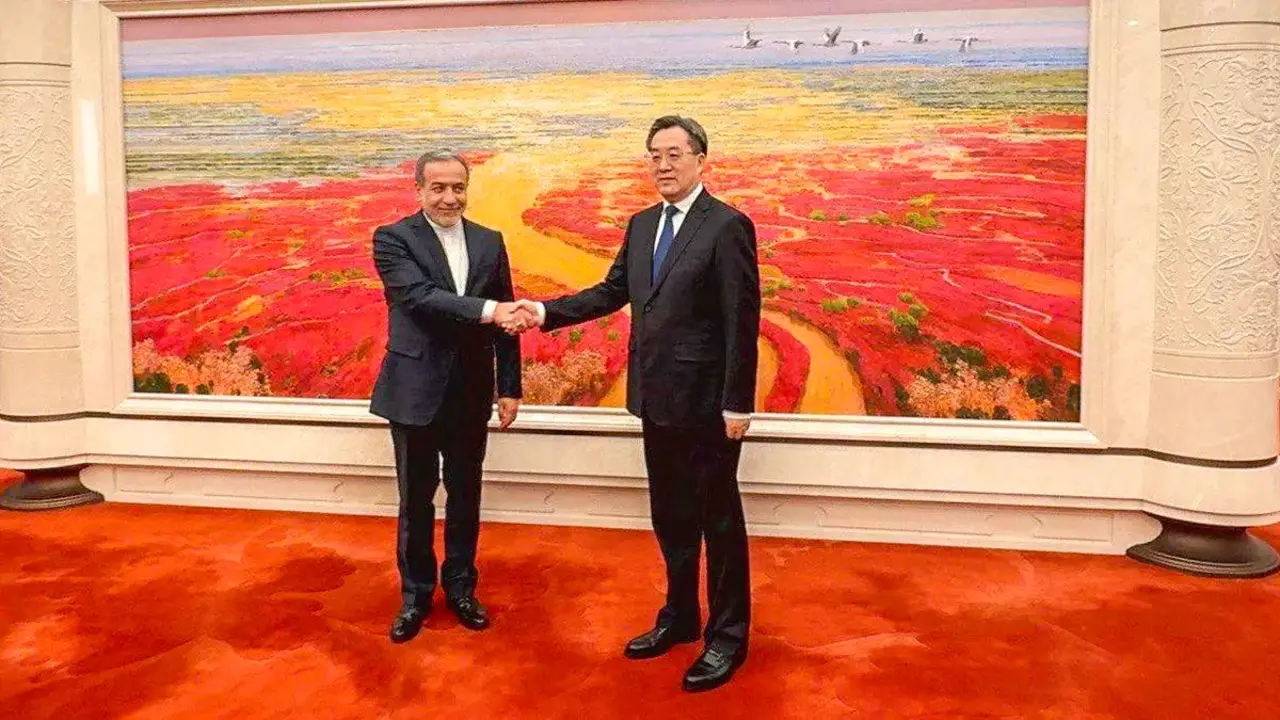Iran launches its home-made anti-missile shield

For the first time, Iran launched the Bavar-373 missile defence system by destroying a long-range object during the "Defenders of Velayat Skies 99" manoeuvre.
"In the context of the execution of this phase of the manoeuvre, and following the attacks carried out by strategic and long-range aircraft against predetermined targets, the Bavar-373 missile system detected and identified a target with a very low radar cross-section, in order to successfully destroy it at long range, for the first time in the framework of a comprehensive air defence mechanism", the Iranian army website reported.
The Bavar-373 is an Iranian long-range mobile surface-to-air missile system launched in August 2016. Iran describes it as a competitor to the S-300 missile system. It is manufactured by the Iranian defence ministry in cooperation with universities and unspecified local manufacturers.
In his statement, Brigadier General Abbas Farajpour, spokesman for the joint air defence exercise, considered that: "The success we have achieved has enabled the country to place itself among the world's elites in this field".
These military exercises coincide with the end of the United Nations arms embargo the Persian country had been suffering from since 2007.
This Wednesday, Iran's armed forces launched large-scale air manoeuvres to increase their defence capability. According to their organisers, the exercises, which are being conducted by simulating a situation that is "very similar to real combat" in the centre of the country, involve units of the Army Air Defence and the Revolutionary Guard.
The spokesman for the manoeuvres, Abas Farajpour, explained that the aim is to protect the country's strategic sites with the help of reconnaissance systems, radar and home-made missiles. "The first stage of the simulation involves the deployment of defence systems, including missile and radar systems, with a focus on mobility and rapid response," said the spokesman, quoted by the Mehr agency.
On Monday, Iran's defence minister, Amir Hatami, stated that numerous foreign officials had approached Tehran to buy its weapons or sell it military equipment.
"The basis for the sale of weapons has been prepared and we have a plan for that," he said according to the Iranian news agency. "Over the past year, the Americans have been trying to prevent this, but many countries have approached us, and we have spoken to many countries, and the bases have been prepared to sell and secure supplies of some of our needs.
The Islamic Republic confirmed that it will tend to sell more weapons than buy them, after announcing the end of the period of the international embargo imposed on it by the agreement on its nuclear programme and a UN Security Council resolution, at a time when military experts are strongly suggesting that Teheran now has a sophisticated military complex that enables it to become one of the exporters of weapons to the world market.
"Before we become buyers in the arms market, Iran has the capacity to supply it" to other countries, said Iranian Foreign Ministry spokesman Saeed Khatibzadeh at his weekly press conference.

